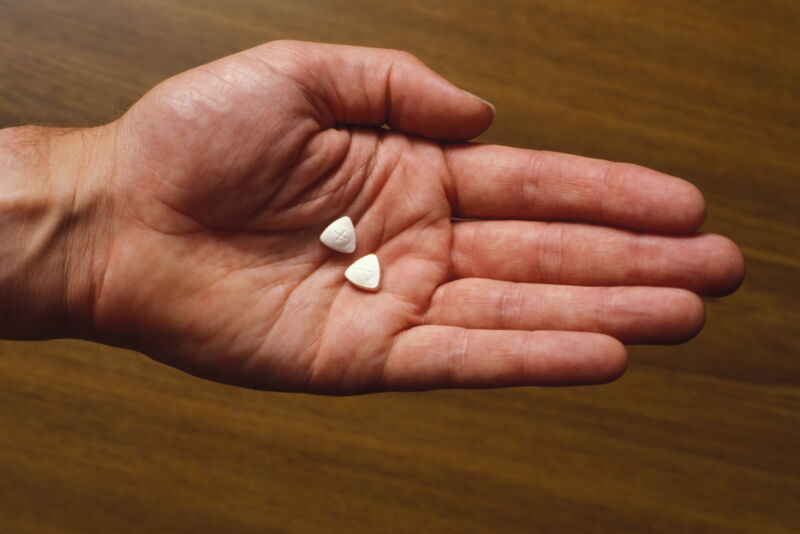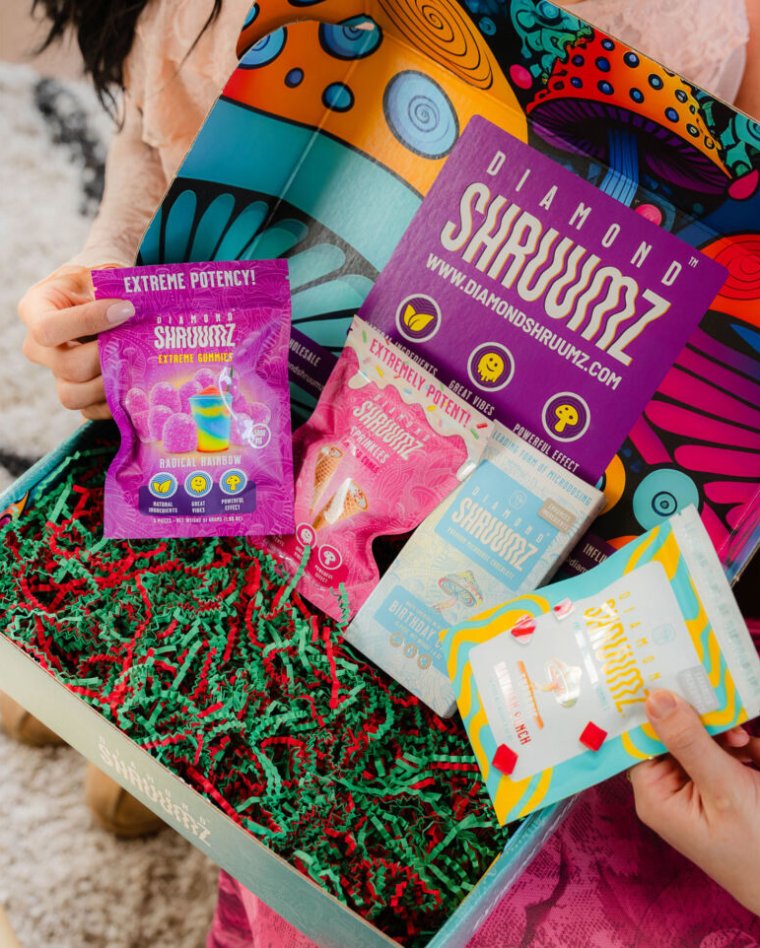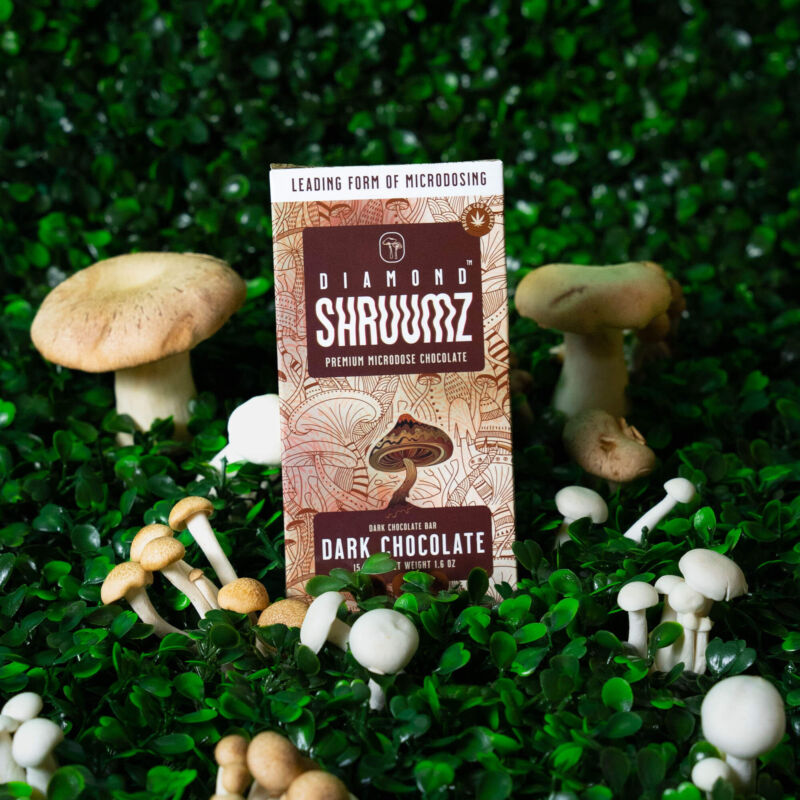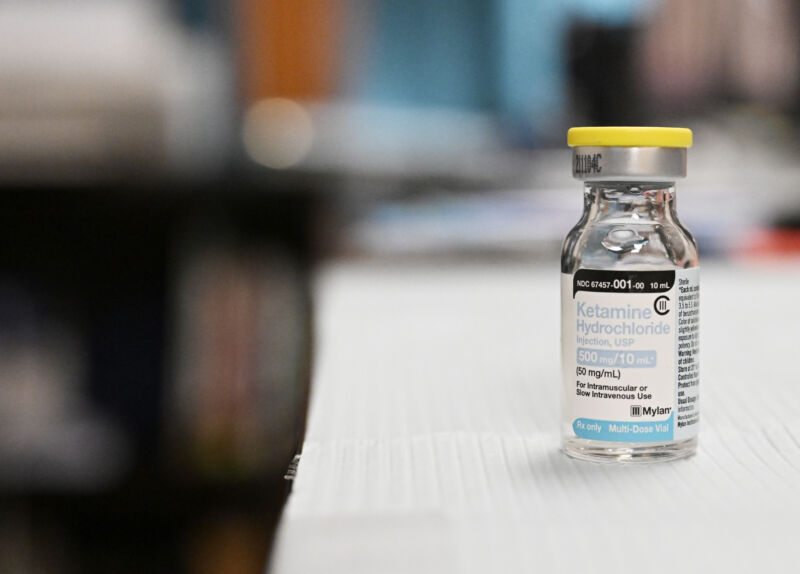With 145 sickened, 2 dead, microdosing candy poisonings are still a mystery

Enlarge (credit: Diamond Shruumz)
The number of poisonings connected to Diamond Shruumz-brand microdosing candies has reached 145 cases across 29 states. Since the illnesses first came to light in early June, 59 of those sickened have required hospitalization, and health officials have reported people having seizures, needing intubation, and being admitted to intensive care units. Two deaths are under investigation. Yet, despite tireless efforts to analyze the candies' components, the cause of the poisonings remains a mystery.
Diamond Shruumz suggestively markets the chocolates—as well as its gummies and candy cones—as containing psychedelic drugs but doesn't say what's in them exactly. They're only said to contain a "primo proprietary blend of nootropic and functional mushrooms," and the company has identified non-hallucinogenic mushrooms, including Lion's mane, Reishi, and Chaga.
In its latest investigation update Monday, the Food and Drug Administration laid out the testing results of 22 chocolate bars from Diamond Shruumz—and the list of illicit and troubling drugs found keeps growing. Stunningly, none of the drugs found so far can alone explain the severe illnesses.



